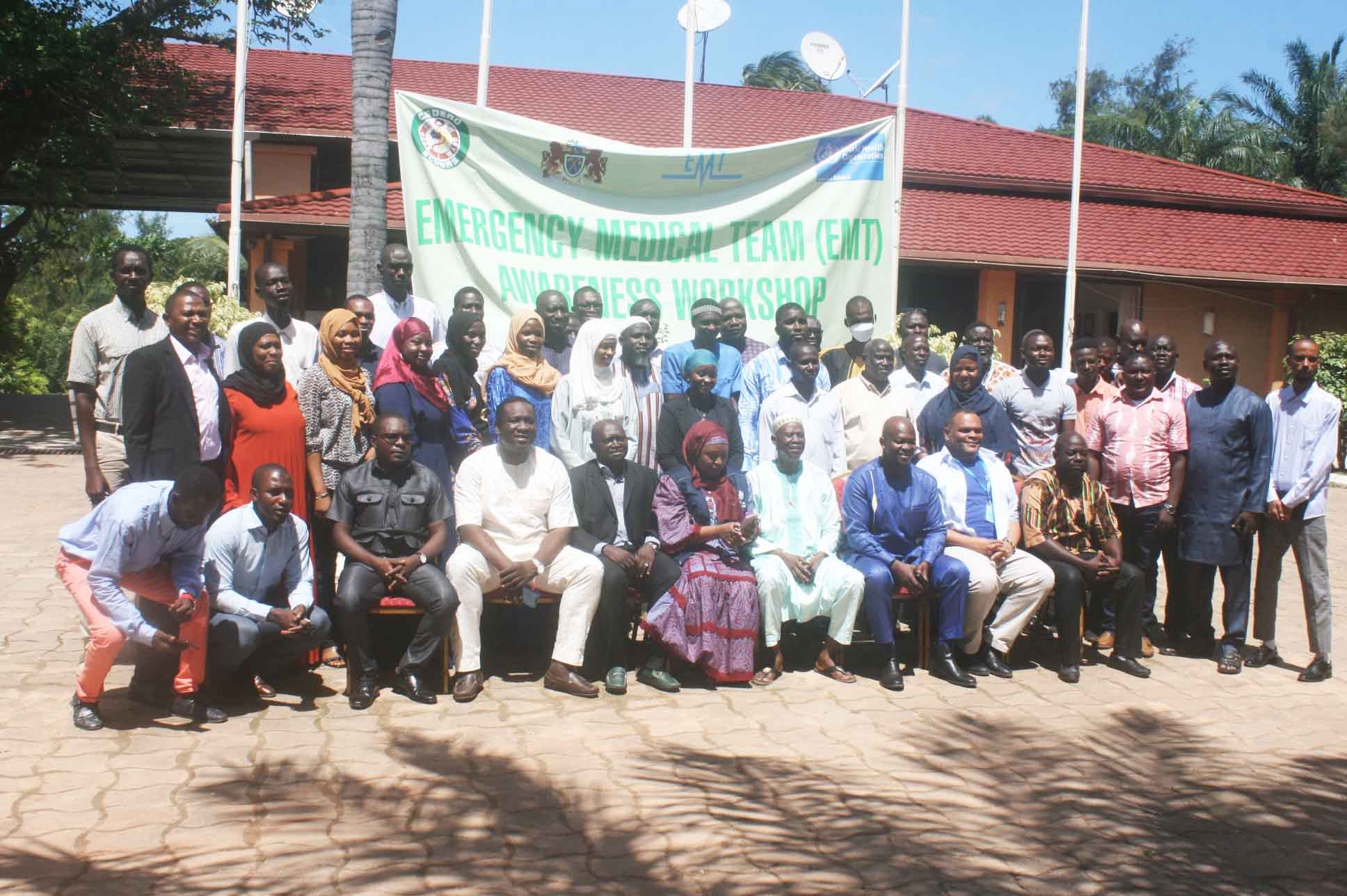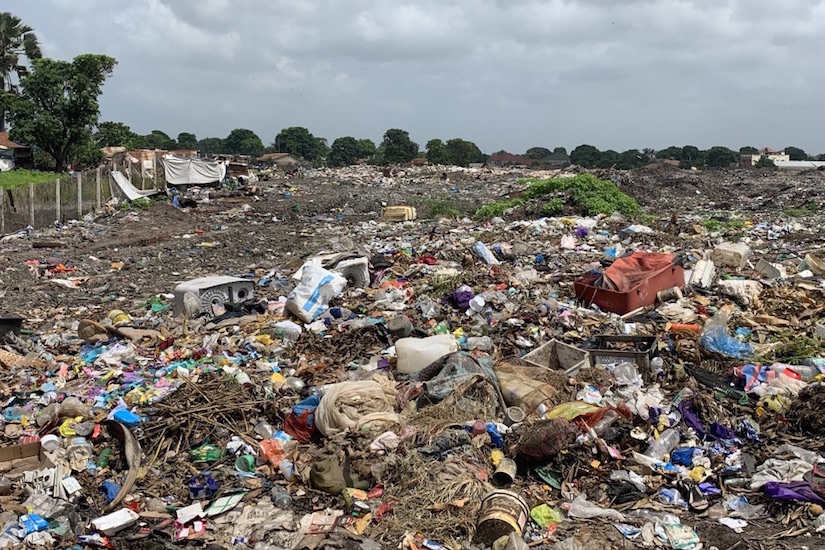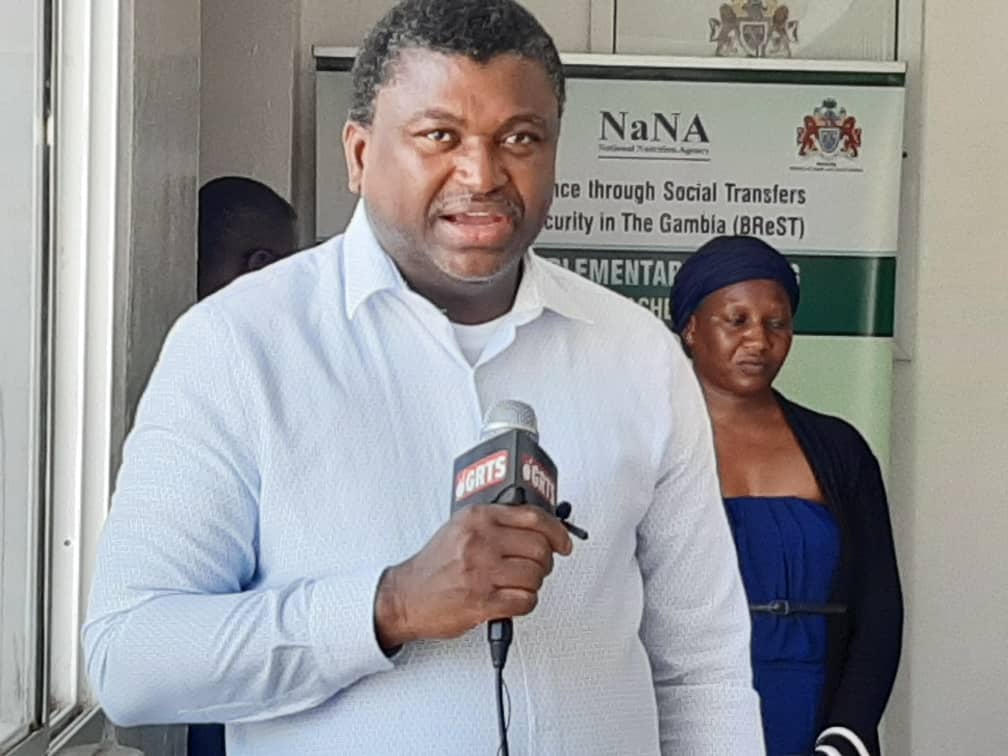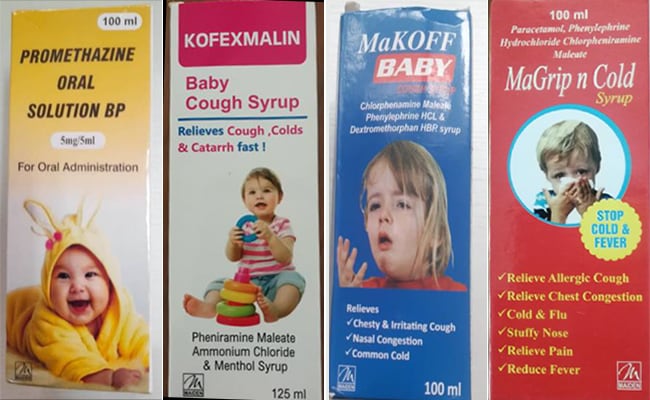By Yunus S Saliu
The West African Health Organization (WAHO), Tuesday, 27th September 2022 embarked on a 3-day Emergency Medical Team Awareness Workshop in The Gambia with the overall goal of building national and regional emergency workforces among the ECOWAS Member States ready in case of occurrence of a major public health event.
Sedjno Catraye delivering opening remarks on behalf of Dr. Aissi Melchior, Director General of WAHO during this important meeting disclosed that The Gambia is one of the countries in West Africa which is at high risk of occurrence of public health emergencies, as the years 2020 and 2021 were strongly marked by the Covid-19 pandemic in ECOWAS region.
He said The first case of Covid-19 in the Gambia was declared on March 17, 2020 and as of September 25, 2022 a total of 12,508 confirmed cases including 372 deaths (CFR = 2.9) have been reported.
“The country also presents risks of the occurrence of other outbreaks and other hazards which pose a significant threat to the health of Gambians. Those include floods, gas or fuel explosions, and other chemical accidents. And since several weeks, we are now facing an unexplained outbreak of Acute Kidney Injury (AKI) among children,” he outlined other outbreaks in the country.
He noted that the potential risk of floods, as well as severe outbreaks, accidental gas or fuel explosions, and other chemical accidents remains high in the country.
Sedjno Catraye stressed that The Gambia has recognized Health Emergency and Disaster Management as important to its development and has taken measures to build its capacity and resilience in the face of disasters, and the Gambia’s Vision 2025 strategy identified the need for a Disaster Preparedness Plan to achieve its development goals.
To strengthen preparedness and response in the country, he said Multi-disciplinary Rapid Response Teams (RRT) are being trained at the national and sub-national levels.
He described EMTs as groups of health professionals providing direct clinical care to populations affected by disasters or outbreaks and emergencies, noting that “the implementation of an Emergency Medical Team (EMT) will augment and strengthen case management pillar to ensure a comprehensive and effective public health response.”
He said in collaboration with the regional office for Africa of the World Health Organization (AFRO), the West African Health Organization (WAHO), is supporting the establishment of national emergency management mechanisms for public health emergencies.
He revealed that a regional awareness workshop on the establishment of emergency medical teams was organized in Grand – Bassam (Cote d’Ivoire) in June 2018, where The Gambia participated. This ongoing technical workshop is the 13th in the ECOWAS region, he added.
As part of the follow-up on the next steps of the regional workshop, also as part of the implementation of the WAHO 2022 Action Plan and consultation with the authorities of the Ministry of Health of the Gambia, he said WAHO with the support of WHO is now in the country for a national workshop on the setting up of an Emergency Medical Team in the Gambia with the overall objective of the national workshop – to augment and strengthen the clinical medical care capabilities of The Gambia Rapid Response Teams for an effective response to health emergencies. This ongoing technical workshop is the 13th in the ECOWAS region.
Lazaro Martinez, WHO RO noted that members have come with different and important information that will punctuate questions and answers, while stressing that worried issues need to be explained for solution “which is the only way to move forward.”
He, therefore, encouraged all partaking in the meeting to be attentive and proactive as the concept is extremely new but almost attempt across the world “and the emergency that The Gambia is having right now is Acute Kidney Injury which doesn’t fit properly to our specification. So, we are compulsory to review our classification because it is an outbreak”
According to him, they aim to strengthen the system and have people mobilized first, fast, and give cultural adapted response to make the country and health system in the country able to respond to any kind of health situation, afford the countries in the region not only the Gambia to show the weakness and strengthen the capacity health sector to face this kind of situations.
Karamba Keita, the Deputy Permanent Secretary Technical who doubles as WAHO relation officer in The Gambia said it is worth knowing that any training is with a reason, as the EMT workshop is to further strengthen the participants’ knowledge to respond to any emergencies.
Medical emergencies, he said, happen but they will not give any alert at some points “like the situation we are right now with this AKI.”





